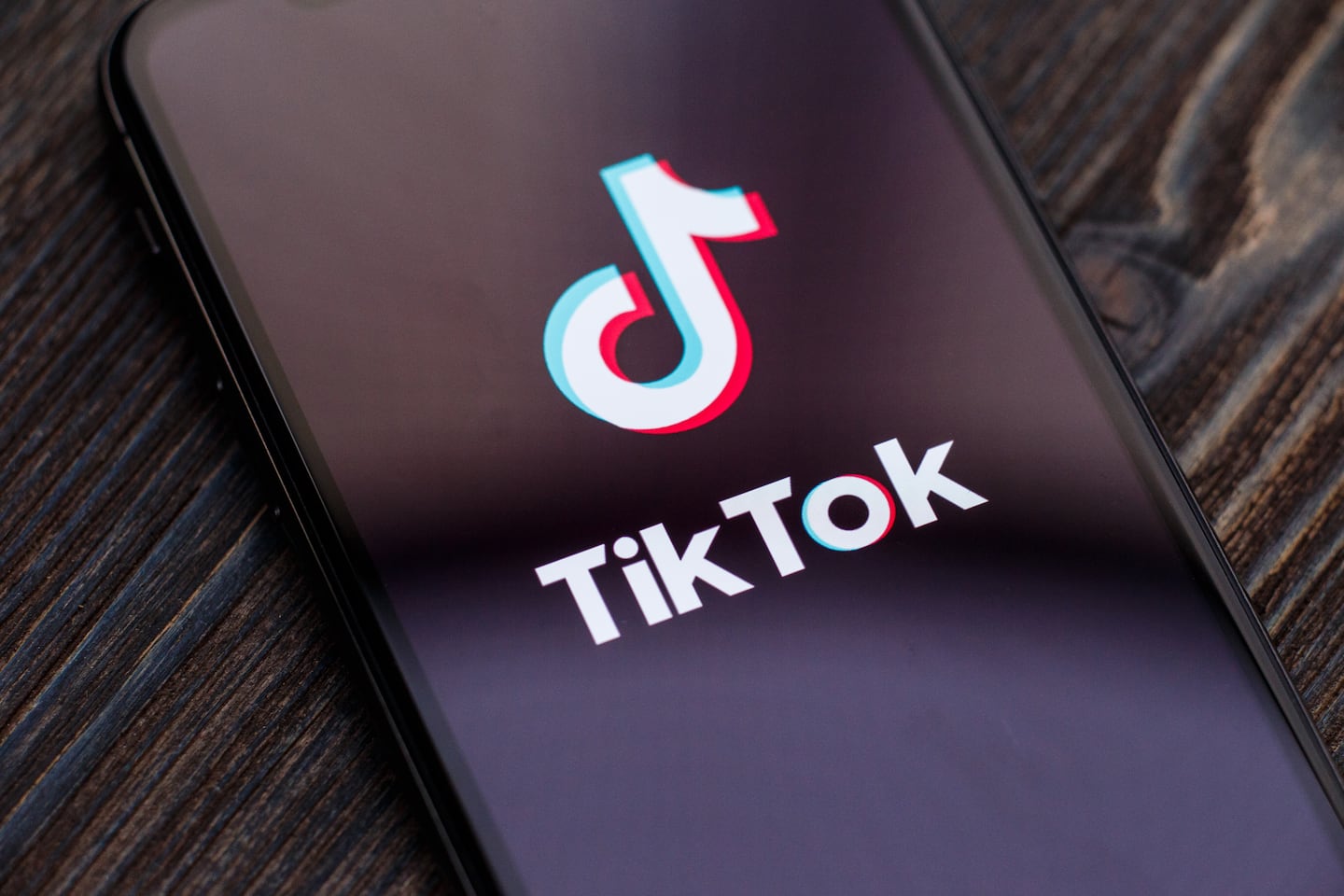
The Business of Fashion
Agenda-setting intelligence, analysis and advice for the global fashion community.

Agenda-setting intelligence, analysis and advice for the global fashion community.

TikTok has been banned in Montana. The first US state-level ban of the increasingly embattled social video app is already proving controversial, although it will not take effect until 2024.
According to Montana’s governor, Greg Gianforte, the move was “to protect Montanans’ personal and private data from being harvested by the Chinese Communist party.” The ban comes after a federal move to stop government employees from using the app on their work phones. That was followed by administrations around the world, but Montana is one of the first in the latest wave to extend a ban to consumer users as well.
The bill, which was introduced in February, targets app stores such as those run by Google and Apple, prohibiting them from hosting TikTok. Lobbyists linked to the companies have argued that enacting such a state-level ban will be impossible, but any significant difficulty is likely to be legal rather than technical, given that the services already collect enough information about individual users to identify their state of residence. TikTok itself could also be hit with a fine if it continues to operate in the state after the ban comes into effect.
A TikTok spokesperson said in a statement: “We want to reassure Montanans that they can continue using TikTok to express themselves, earn a living and find community as we continue working to defend the rights of our users inside and outside of Montana.”
ADVERTISEMENT
Neither Apple nor Google responded to requests for comment.
There are many ways for users to evade geographic bans on the open web, from using a VPN service, which reroutes connections to other locations, to signing up for accounts using prepaid cards and rented mailboxes. Fully closing off access to the app would be nigh impossible unless Montana decided to follow the route of countries such as Iran or, ironically, China itself and greatly limit access to such services.
Olexandr Kyrychenko, a partner at the IMD Corporate law firm, said no TikTok users would be fined because the bill targets companies rather than individuals. He also said the “eyewatering” $10,000 (£8,000) a day fine would encourage companies to comply.
“It would certainly be a costly gamble to keep download options available once the bill comes into force, and app stores would be well advised to comply,” he said.
India banned the app in 2020, citing a wave of dangerous “challenges” that had led to the deaths of some users, but critics argued that the real motivation was the same geopolitical wrangling that has resulted in Western nations starting to clamp down three years later. The ban had a marked effect on competition in India, handing a significant market to YouTube’s Shorts service, a direct competitor of TikTok hastily released in the country in the wake of the ban.
TikTok is also banned in China itself. A sister app called Douyin, also owned by TikTok’s parent company, Bytedance, shares many features but with much firmer moderation.
By Alex Hern
Learn more:
ADVERTISEMENT
What Would a US TikTok Ban Mean for Fashion
TikTok’s CEO will appear before Congress on Thursday to defend the social media platform as lawmakers pressure owner ByteDance to sell the social platform or risk a ban. Businesses and creators are bracing for impact.
The algorithms TikTok relies on for its operations are deemed core to ByteDance overall operations, which would make a sale of the app with algorithms highly unlikely.
The app, owned by TikTok parent company ByteDance, has been promising to help emerging US labels get started selling in China at the same time that TikTok stares down a ban by the US for its ties to China.
Zero10 offers digital solutions through AR mirrors, leveraged in-store and in window displays, to brands like Tommy Hilfiger and Coach. Co-founder and CEO George Yashin discusses the latest advancements in AR and how fashion companies can leverage the technology to boost consumer experiences via retail touchpoints and brand experiences.
Four years ago, when the Trump administration threatened to ban TikTok in the US, its Chinese parent company ByteDance Ltd. worked out a preliminary deal to sell the short video app’s business. Not this time.